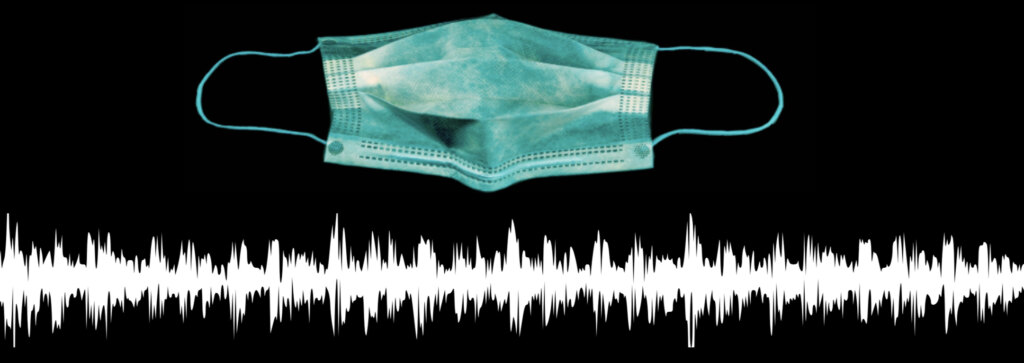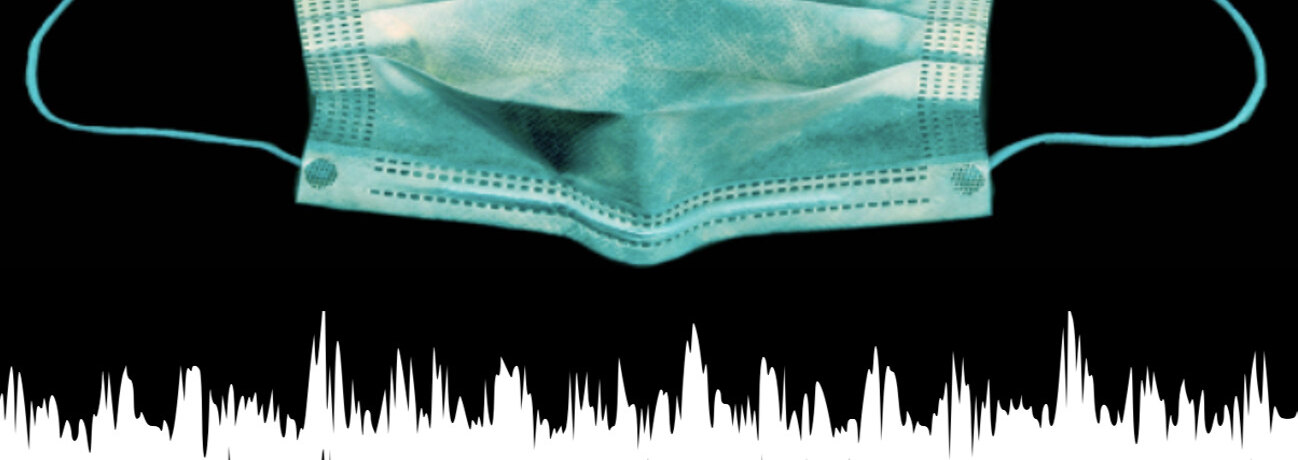ATINER Conference on Communication and Mass Media, 2022: UK Radio’s Response to COVID-19
The Athens Institute for Education and Research (ATINER) is an independent association established in 1995 to provide academics and researchers with a forum to “exchange ideas on their research and discuss the future developments of their discipline”. In May 2022, I delivered a presentation at ATINER’s 20th Annual International Conference on Communication and Mass Media, held in Athens, Greece. My online session was titled “UK Radio’s Response to COVID-19: A Reappraisal of Radio as a ‘Crisis’ Medium through the Exploration of a Production Case Study”.
My talk discussed radio’s reputation for reliability and value in times of crisis. While new technologies may have challenged the medium’s status as an entertainment provider, radio continues to play a crucial role in disaster management systems around the world. The presentation focused on the medium’s capacity to build a sense of collective community during ongoing emergencies, by considering UK radio’s response to the COVID-19 pandemic in 2020. According to Radiocentre CEO Siobhan Kenny, radio helped listeners to stay connected during the UK’s first wave lockdown. She commented, “we are all finding our own ways to cope during the pandemic, and it’s great that radio is proving such a consistent source of comfort and trusted news to so many”. I explored the various industry initiatives developed by UK radio programmers and producers to address the isolation many listeners felt during the pandemic. As a case study, I considered the production of a series of radio documentaries, created by Birmingham City University in partnership with the Greatest Hits Radio network, to demonstrate how the pandemic impacted on radio production techniques. This project, titled Cities of Sound, was funded by a ‘Coronavirus Support’ grant from the UK’s Audio Content Fund, a Govt supported initiative to “improve lives during COVID-19”.

The series utilised the talent of radio students and graduates from Birmingham City University, Sunderland University, University of the West of Scotland, Manchester Metropolitan University, and De Montfort University, to create COVID-19 related content for audiences across the UK. These are the regions / broadcast dates for each episode.
- 1 Birmingham: 29th July 7 pm (Repeated 2nd August 9 pm)
- 2 Liverpool: 5th August 7 pm (Repeated 9th August 9 pm)
- 3 Glasgow: 12th August 7 pm (Repeated 16th August 9 pm)
- 4 Newcastle: / Sunderland 19th August 7 pm (Repeated 23rd August 9 pm)
- 5 Sheffield: 9th September 7 pm (Repeated 13th September 9 pm)
- 6 Manchester: 16th September 7 pm (Repeated 20th September 9 pm)
- 7 Cardiff / Swansea: 23rd September 7 pm (Repeated 27th September 9 pm)
- 8 Leeds: 30th September 7 pm (Repeated 4th October 9 pm)
I drew on my previous research into the production of music documentaries by unpacking the technical challenge of creating radio documentaries in lockdown conditions and showcased relevant audio clips from the series. As Norris and Stevens (2008) observe, radio has a resilience that is “as strong, and perhaps stronger, than that offered by other media”. In my presentation, I concluded that UK radio’s response to COVID-19 served as a timely reminder of the industry’s key strengths and underscored radio’s ongoing relevance as an electronic medium.
Links:
https://www.audiocontentfund.org.uk/projects/cities-of-sound
https://planetradio.co.uk/greatest-hits/shows/cities-of-sound/

